The government of Sierra Leone has signed a controversial $55 million deal with the Chinese communist regime to allow it to build an industrial fishing harbor on 250 acres of its beach and protected rainforest. The West African country had previously signed the Belt and Road Initiative (BRI) with China, which has been criticized by the international community as a “debt trap” set up by the regime.
China’s BRI (also known as “One Belt, One Road”) is Chinese leader Xi Jinping’s grand foreign policy project launched in 2013. It aims to extend the regime’s economic and political influence to countries in Asia, Europe, and Africa by recreating ancient China’s silk road and maritime silk road for trading in the 21st century. The BRI invests Chinese capital in the construction of various high-cost infrastructure projects in more than 60 participating countries.
The China-funded industrial fishing harbor deal has outraged human rights and animal welfare organizations, environmentalists, and local landowners for its potential environmental and social impact in Sierra Leone. Those critical of the deal said the project will destroy pristine rainforests, plunder fish resources, pollute the marine environment and five separate ecosystems. These ecosystems are breeding grounds for fish and support endangered birds and wildlife species, according to The Guardian, which first revealed the deal on May 17, while the details of it are still unclear.
Local public policy research organizations, the Legal Research and Judicial Advocacy Research Institute, and the land and environmental public welfare organization, Namati Sierra Leone, have written to the government requesting information regarding “plans to establish a fish harbor and carry out waste management operations at Black Johnson in the Western Area peninsula, a project funded by the Government of China,” according to CNBC.
The groups are also requesting copies of environmental and social impact assessments as well as the grant agreements signed between the Chinese regime and the Sierra Leone government.
Sierra Leone Minister of Fisheries Emma Kowa-Jalloh said in a press release that Black Johnson Beach—located on its 250-mile long coastline—was the “most suitable place” for construction “for technical reasons.” The proposed Chinese industrial harbor will be built on 250 acres of beach land and the adjacent Western Area Peninsula National Park.
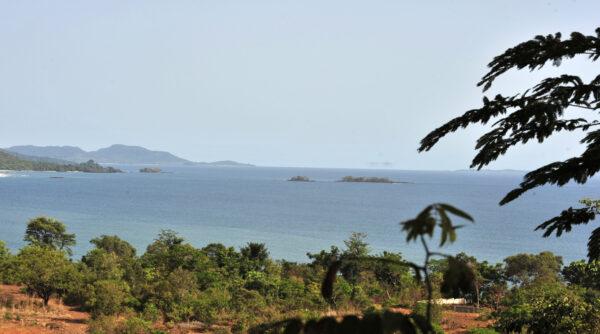
The waters of Black Johnson are rich in fish resources, and local fishermen supply 70 percent of the domestic fish market. There are also many endangered species in the Western Area Peninsula National Park, which is a protected area.
The Sierra Leone government owns half the land required for the deal, while it’s taken the other half through forced acquisition of local residents’ property, as complained by local landowners. The government’s $1.34 million in compensation set aside for affected landowners is 30 times lower than the market value of the land, according to The Guardian.
Jalloh said the country has been “yearning for a Fish Harbor since the early 1970s” but couldn’t make it happen, and “with the new shift in government policy for the development of the fisheries sector, the Chinese government has given a grant of US$55m to build this platform.”
Since 2013 through BRI, the Chinese regime has increased overseas investment in infrastructure and economic development projects in Africa and other regions in the form of loan agreements, which has been widely criticized as setting up debt traps and causing debt crisis for participating countries. For example, Sri Lanka lost its important Hambantota port to China, as it could not pay off the loan.
Sierra Leone signed a BRI agreement with China in 2018, according to Chinese state-run media Xinhua.
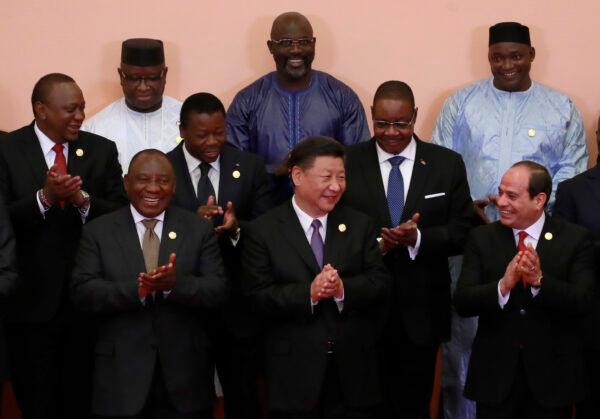
In recent years, BRI has encountered growing pushback. Due to an increased awareness of the debt risks, Malaysia, Myanmar, Pakistan, Sierra Leone, and Kyrgyzstan, among other countries have canceled, downsized, or postponed key BRI projects.
Later in 2018, after Julius Maada Bio became the president of Sierra Leone, the country canceled a $400 million Chinese-funded BRI project to build a new airport outside the capital Freetown.
However, under what circumstances the Sierra Leone government has now decided to sign off on this industrial harbor deal remains unknown. The country’s citizens have recently condemned the government’s lack of transparency, and they want clarification on the nature of the Chinese-funded project.
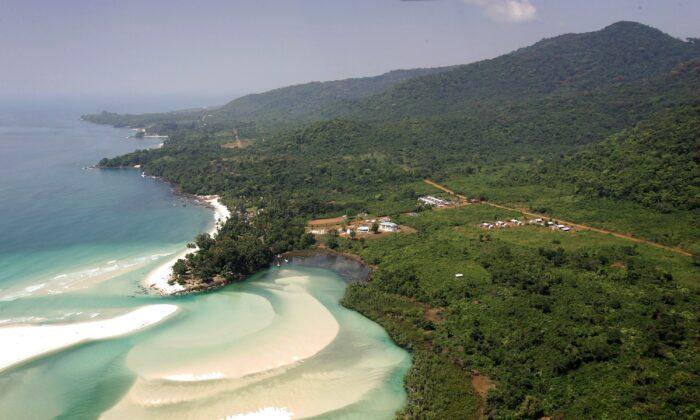
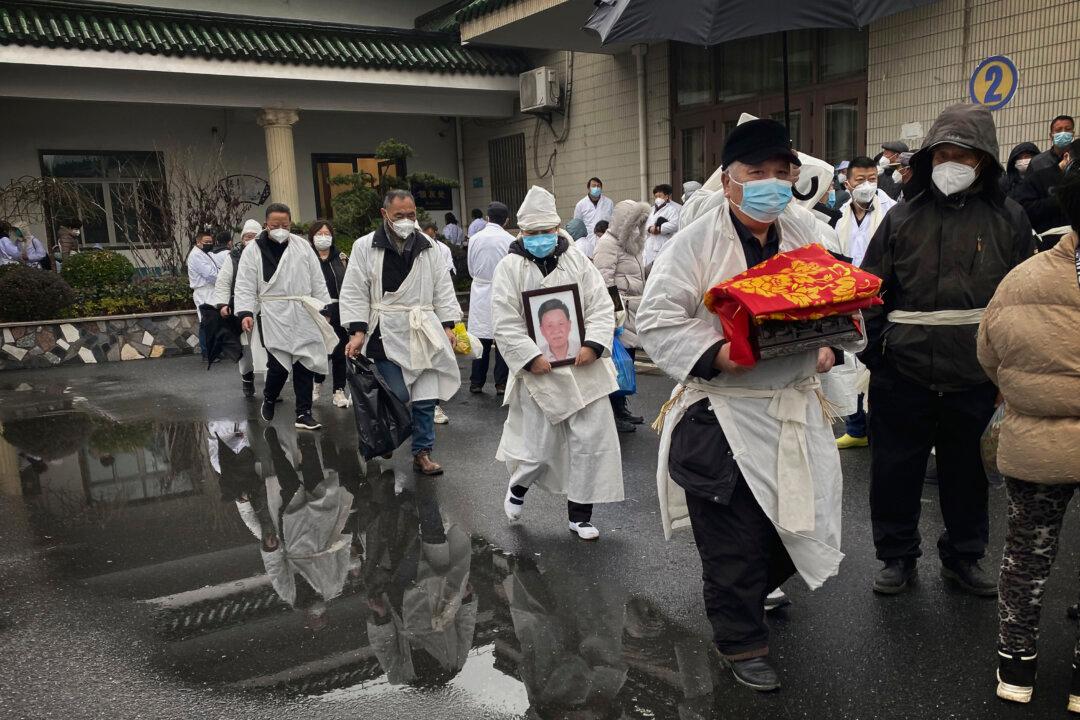
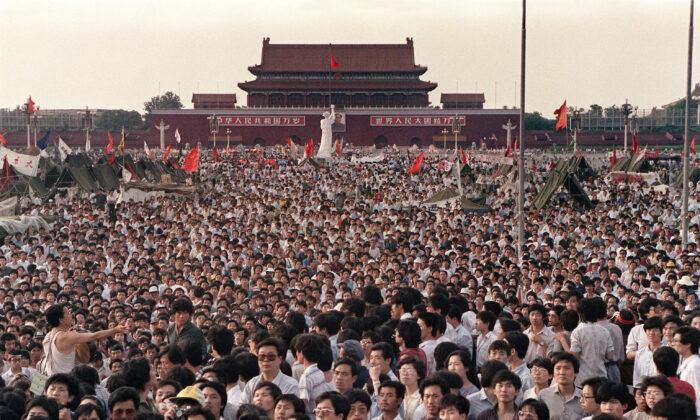
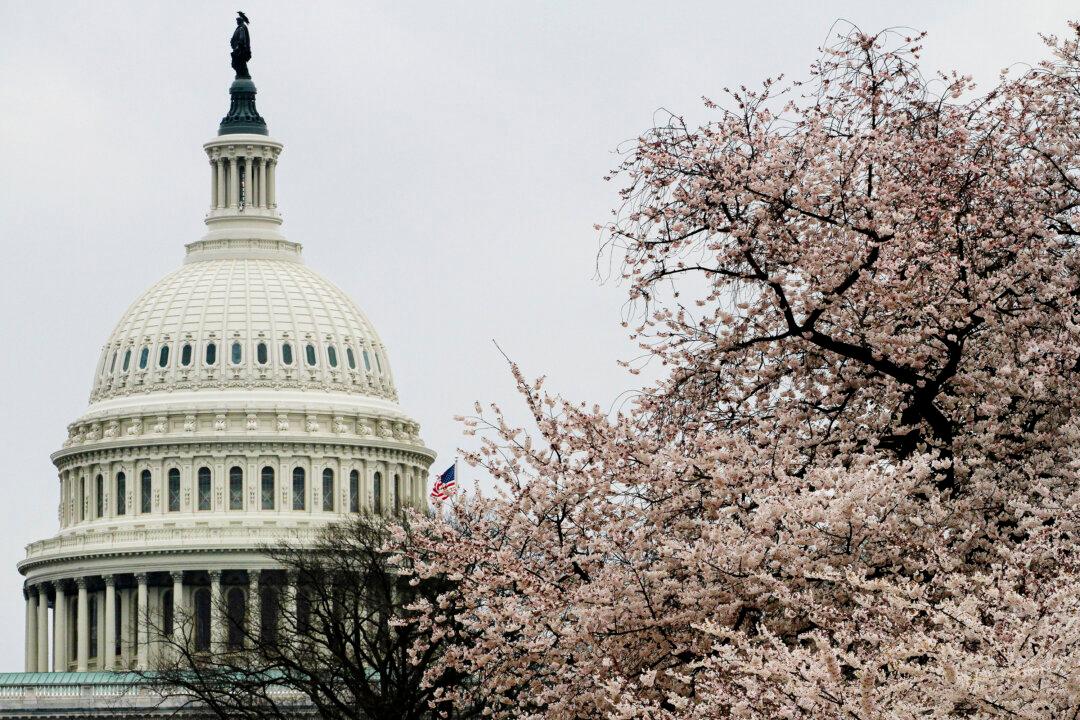
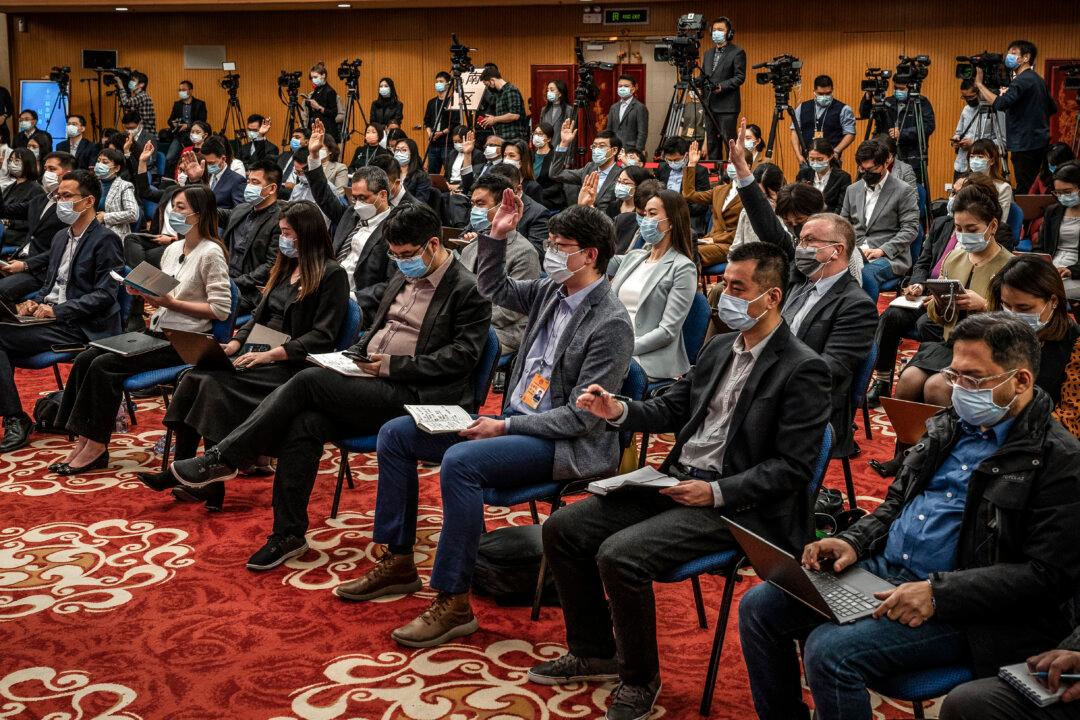
Friends Read Free